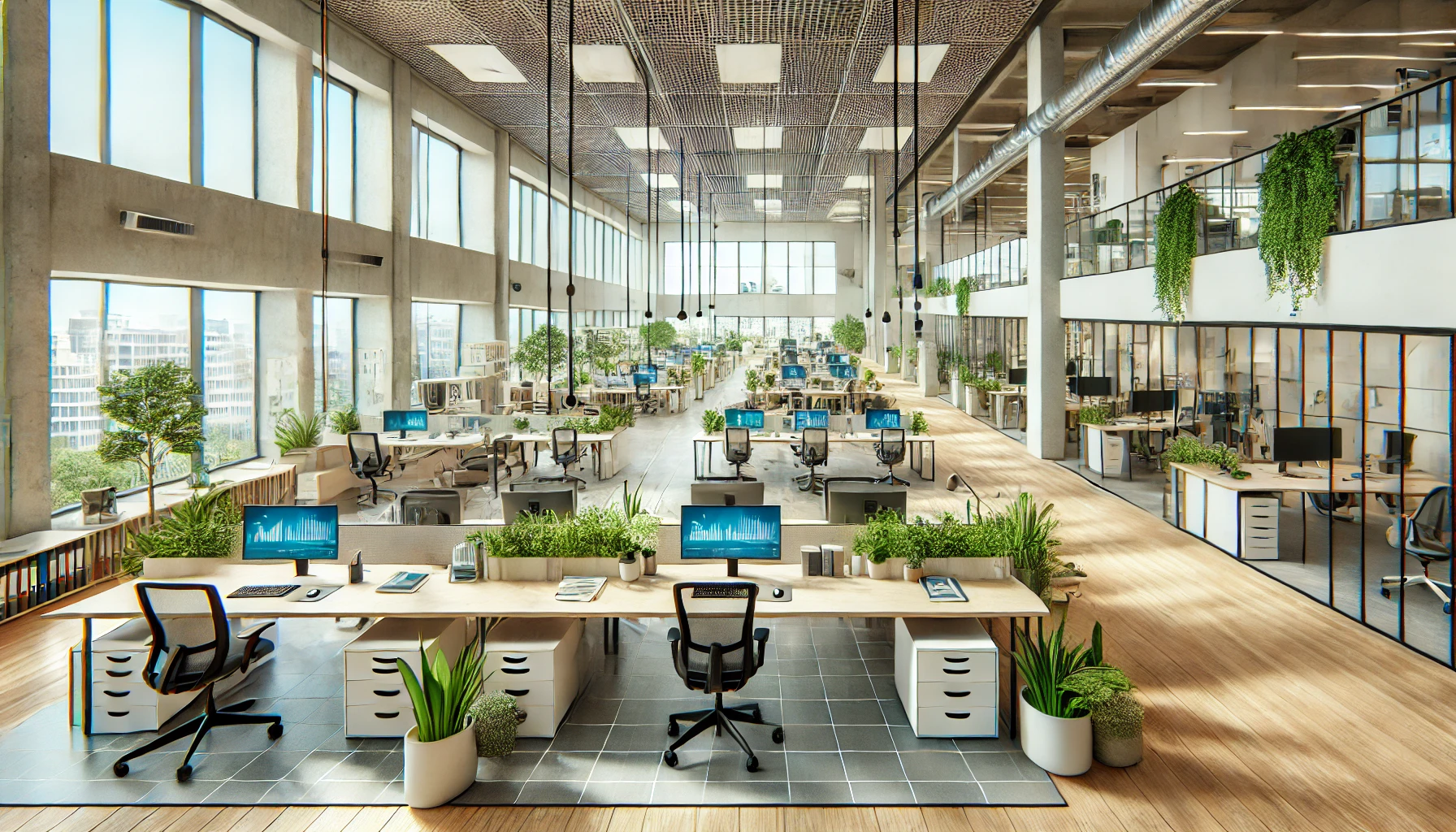BMUV: The allocation of new areas must decrease by 2030

The situation is serious: The global population is increasing, while at the same time, more and more land is being consumed and repurposed. Urban sprawl and expanded infrastructures are depleting green space resources. Therefore, the Federal Ministry for the Environment has formulated a clear program. The goal is to reduce the daily increase in settlement and traffic areas.
Fewer hectares to protect nature
Fertile soils are the foundation of our existence on Earth. However, the increase in land consumption has steadily reduced this resource – even in Germany. Within the last 60 years, land use for housing, transportation, and work doubled, as reported by the German Environment Agency. Even today, new areas from agriculture or nature are daily used to expand infrastructures. The benchmark: Approximately 55 hectares are newly designated in Germany every day – equivalent to 78 soccer fields.
This cannot continue: a decision made by the Federal Ministry for the Environment, Nature Conservation, Nuclear Safety, and Consumer Protection (BMUV) in its National Sustainability Strategy in 2002. Since then, the hectare numbers have decreased, but not sufficiently. The 2016 update of the strategy explicitly states that by 2030, ‘less than 30 hectares’ per day should be newly developed. The integrated environmental program of the BMUV goes even further: By 2050, it aims to enable a land circular economy (Net Zero Goal).
Key measures for rapid progress
How can hectare consumption be reduced? As a scientific expert in nature conservation, the German Environment Agency pointed out various measures and means, including:
- Strengthening public awareness: Informing people about the disadvantages and risks of resource consumption and highlighting opportunities for saving space.
- Utilizing vacancies: Reactivating existing buildings and plots instead of developing new areas.
- Effective land management: Structuring authorities, offices, and administrations at the organizational level more sensibly to save space.
The federal government also took action: In 2013, it enacted the Law to Strengthen Urban Development. However, as the current status demonstrates, that alone is not enough.
The role of the real estate sector
A look at the statistics of the German Environment Agency reveals the crucial position that the economic sector of building construction plays in achieving sustainability goals. More than half of the newly developed settlement and traffic areas fall under the category of ‘Residential, Industrial and Commercial (excluding extraction land), Public Facilities.’
It is, therefore, primarily the responsibility of the real estate sector to intelligently save space to prevent the daily loss of fertile soil. The most productive solutions are outlined by the German Environment Agency in the specified measures: restructuring office spaces, optimizing processes, and utilizing existing areas instead of constructing new buildings.
To assist companies and public entities in this endeavor, there are tools like ReCoTech. Through algorithms, the area planning app meticulously examines existing premises to determine the optimal use of office space. This reveals available space, the release of which has been proven to reduce operating costs and carbon dioxide consumption. ReCoTech’s solutions are also a significant aid when occupying vacant spaces: The necessary workspaces are tailored to the existing area, creating an office with optimal space utilization even before the move.
These articles might also interest you

New Partnership with the City of Böblingen: A Step Towards the Future
We are excited to announce the official partnership between ReCoTech and the City of Böblingen! This collaboration marks a significant ...

GEFMA 130-1 Sets New Standards for Sustainable and Efficient Space Utilization in Real Estate
Space management is a crucial aspect of real estate operations. It encompasses all activities related to the planning, use, and ...
New customer for ReCoTech: Welcome to STADT UND LAND
We are delighted to announce that ReCoTech has gained another significant client: STADT UND LAND Wohnbauten-Gesellschaft mbH. Our innovative workspace ...

